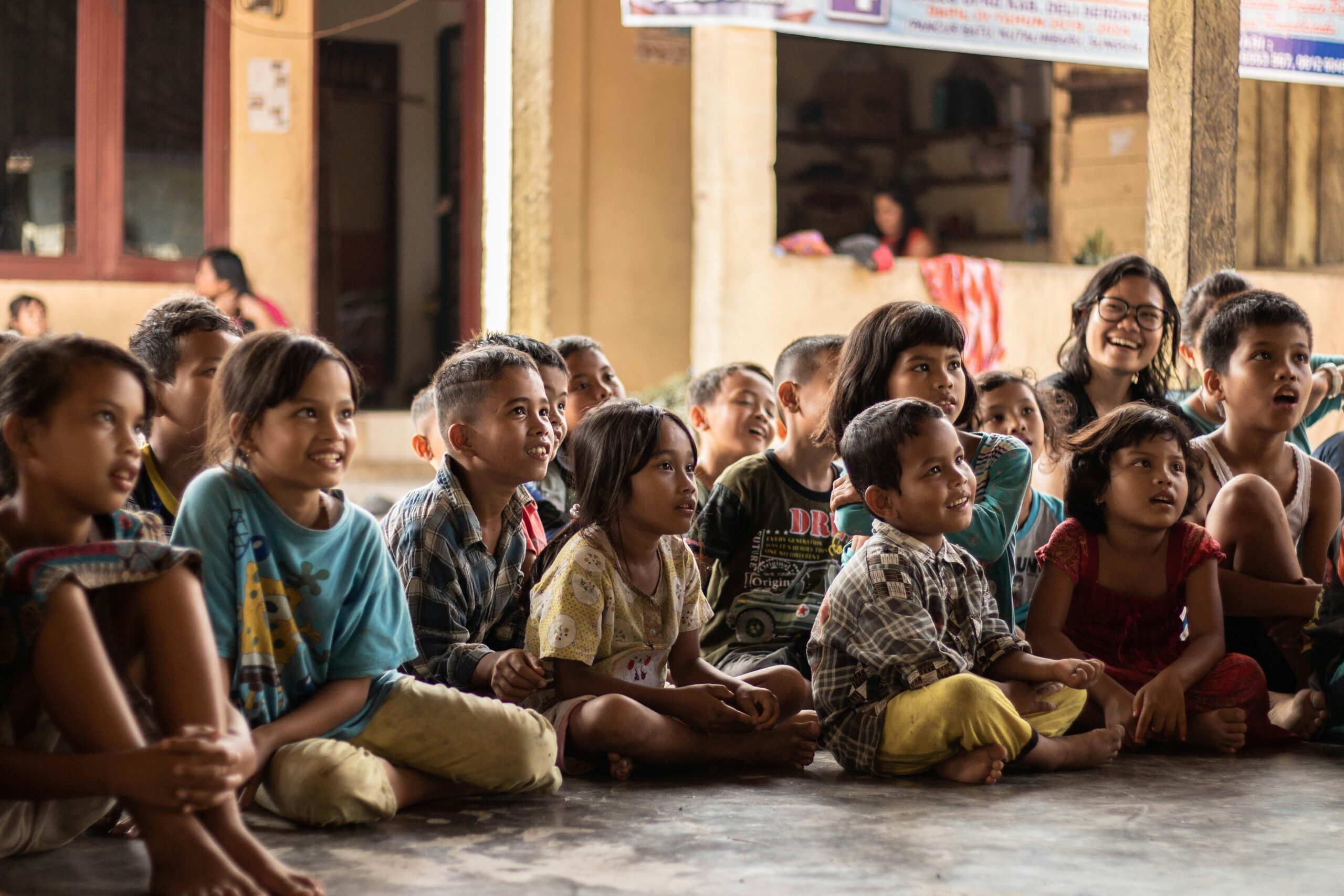
Report: population “taboo” harming women and girls
Media release, 1 March 2024
Embargoed: 8am (UTC) 4 March 2024
New analysis finds that improving gender equality and sexual and reproductive health and rights is hampered by resistance to addressing the size and growth of population
Online report launch: 3-4pm (UTC) Monday 4 March. Details and registration here.
In a report released today (4 March 2024), a team of researchers challenges the view among many campaigners and organisations working to protect and enhance the rights and health of women and girls that consideration of the demographic implications of reproductive rights is alarmist or harmful. Instead, the researchers argue that failure to discuss demographic implications constitutes a missed opportunity to advance reproductive health and rights. The report is launched in advance of International Women’s Day on 8 March.
Breaking Silos: ending the silence on population and reproductive health and rights is authored by Céline Delacroix, Karen Hardee and J. Joseph Speidel. It highlights that:
- With access to sexual and reproductive health and rights (SRHR) services, and particularly family planning, women and couples tend to choose to have smaller families, which is beneficial to social, economic, and environmental sustainability.
- Funding for SRHR is far below the level needed, major donor countries are not meeting their obligations to it, and increased demand as a result of population growth magnifies the shortfall.
- Women and girls and their SRHR are acutely vulnerable to the impacts of the environmental crisis.
- New interdisciplinary paradigms such as Planetary Health, the Transformative Change frame, and the Population Health Environment approach offer opportunities to increase funding and support for SRHR and gender equality.
- Many organisations and campaigners in the SRHR and gender field are concerned about or hostile to discussion of population.
- Population growth is recognised by the most authoritative scientific bodies as a driver of climate change and biodiversity loss but is mostly left out of global environmental strategies and frameworks.
Céline Delacroix says:
“Since the International Conference on Population and Development in 1994, discussions of population and family planning have become increasingly divorced. Dissociating population dynamics from reproductive health and rights discussions constitutes a missed opportunity to advance reproductive rights, and downplays their relevance for broader societal goals, including their positive impact on environmental sustainability.”
“ICPD should be celebrated for foregrounding women and girls, justice and individual rights, which must remain at the heart of all population discussion and action. Looking forward, the time is right to reappraise the needs and opportunities of today, and embrace the benefits of a holistic approach.”
“Women and girls stand to benefit from capitalising on the opportunities to link environmental and transformative agendas to gender equality and reproductive rights, in particular through opportunities to generate more funding, which is desperately needed.”
The report recommends:
- All stakeholders must acknowledge that reproductive health and rights and environmental sustainability have a mutually reinforcing relationship.
- Funding streams for family planning should be provided across all relevant sustainable development sectors, including climate, the environment and health.
- Communities of interest across women’s rights and health, environmental protection and sustainable development should become strong advocates of universal implementation of sexual and reproductive health and achievement of the UN’s low variant projection of world population peaking around nine billion in 2050.
- Laws and policies and adequate funds must be put in place for programs that advance reproductive rights through reproductive health and rights including voluntary family planning, gender equity, and education.
- International development assistance donors should close the $5 billion funding gap to ensure universal access to family planning in low- and middle-income countries.
The report is available at www.breakingsilos.info
-ends-
Contact: Céline Delacroix
E: fpearthproject@gmail.com; T: +1 6137102282
NOTES
Author biographies:
Céline Delacroix is adjunct professor at the University of Ottawa, and the director of the FP/Earth project. Her interdisciplinary research focuses on exploring ways to better understand and harness the linkages between reproductive rights, population dynamics and environmental sustainability. Her background is in Law, Environmental Science and Population Health.
J. Joseph Speidel MD, MPH is a board-certified physician and researcher in the field of public health. He is a graduate of Harvard Medical School, and the Harvard School of Public Health and professor emeritus at the University of California, San Francisco School of Medicine. Previous positions include directing the USAID Office of Population, president of Population Action International and directing the population program at the Hewlett Foundation. He is the author of more than 300 scientific publications in the fields of population and health.
Dr Karen Hardee, president of Hardee Associates, provides expert consulting on family planning as part of SRHR and human rights-based programming and on global development and climate change. Her work focuses on policy and program development, research and evaluation.
The International Conference on Population and Development took place in 1994, with more than 180 states participating. Its Programme of Action is the guiding document for international policy on population and reproductive health and rights, including the work of the United Nations Population Fund, UNFPA.
The Breaking Silos report has been funded by the Weeden Foundation and publication and the launch event are co-ordinated by Population Matters. The factual content, findings and conclusions are entirely the authors’ own and do not necessarily represent the views of the Weeden Foundation or Population Matters.
